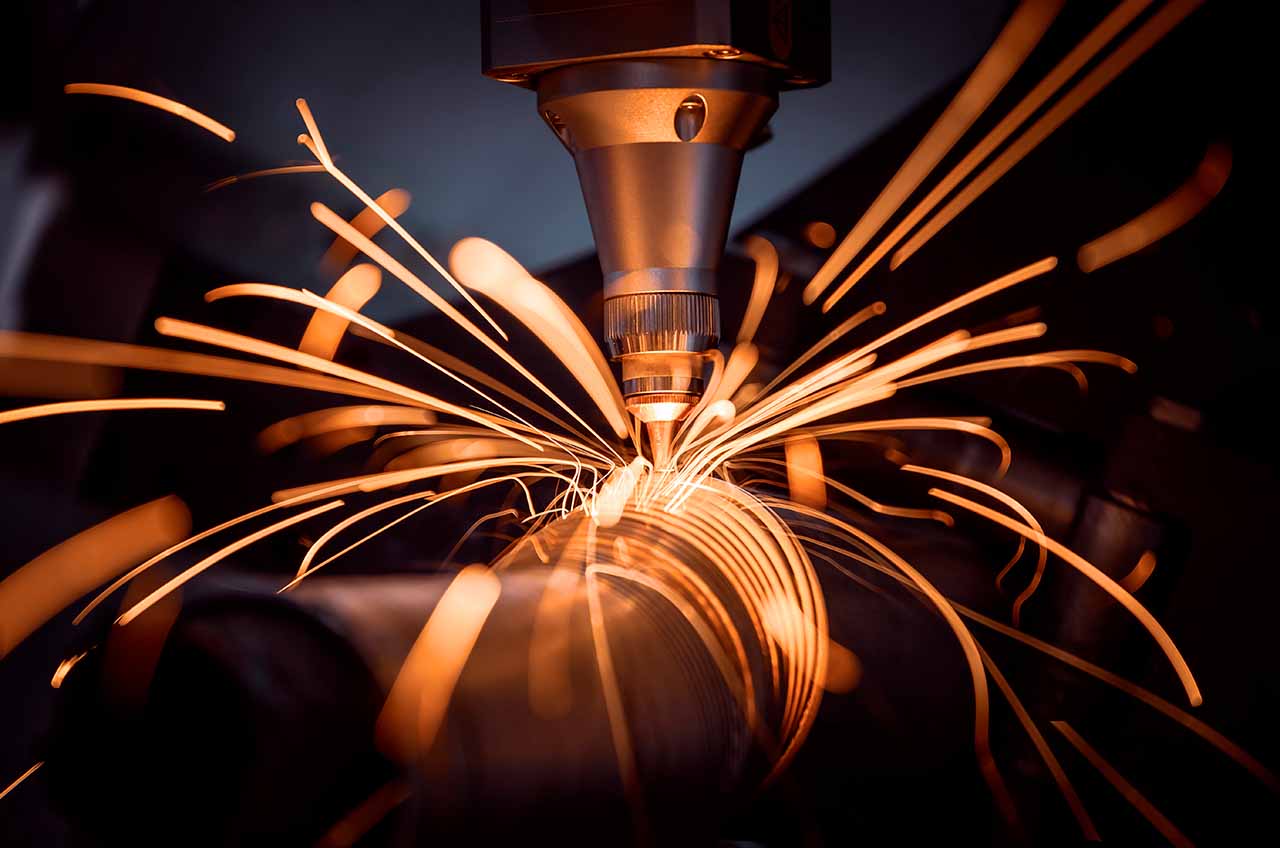
Exploring the Benefits of Sheet Metal Fabrication for Industrial Applications
Sheet metal fabrication is an essential process in numerous industries, offering advantages such as durability, versatility, and precision. From construction to automotive manufacturing, this type of fabrication is key to producing components that require high strength and customization. In this blog, we will explore the applications, benefits, and advanced processes that make sheet metal fabrication an attractive option for various industries.
- Durability and Strength
One of the primary reasons why sheet metal fabrication is so popular in industrial applications is the durability it provides. Sheet metals, whether steel, aluminum, or copper, offer excellent resistance to factors like wear, corrosion, and high temperatures. This makes them ideal for use in structures that must withstand extreme conditions, such as in the construction of buildings, bridges, or heavy equipment.
Automotive companies, for example, rely on sheet metal fabrication to produce robust parts that ensure the longevity and safety of their vehicles.
- Versatility in Application
Another key advantage of sheet metal fabrication is its versatility. Sheet metal can be molded into a wide variety of shapes and sizes, making it suitable for numerous industrial applications. From electronic equipment housings to decorative construction elements, the ability to customize designs is virtually limitless.
This versatility also extends to the ability to incorporate different surface finishes and treatments, such as anodizing or galvanizing, which further enhance the metal’s durability and performance.
- Precision in Production
Precision is a crucial factor in modern manufacturing, and sheet metal fabrication offers extremely high levels of accuracy. With advanced technologies like laser cutting and CNC bending, manufacturers can create complex parts with tight tolerances, ensuring that every component fits perfectly in its final application.
Laser cutting, for example, uses high-powered laser beams to cut through metal with great precision, minimizing material waste and ensuring clean, accurate edges. CNC bending, on the other hand, allows for the creation of precise, repeatable shapes from a sheet of metal, which is essential for mass production where uniformity is key.
- Advanced Processes and Their Benefits
Advanced processes in sheet metal fabrication have revolutionized the way companies produce industrial components. Laser cutting and CNC bending, in particular, offer clear benefits:
- Laser Cutting: Provides micrometric precision, ideal for applications where accuracy is critical, such as aerospace or medical parts fabrication. Additionally, laser cutting is a fast process, speeding up production times and reducing costs.
- CNC Bending: Automates the metal bending process, ensuring consistency in every piece produced. This method is perfect for industries like automotive and electronics, where large volumes of identical parts are required in tight timeframes.
- Applications Across Various Industries
Sheet metal fabrication finds applications across a wide range of industries:
- Construction: For the creation of strong, durable structures, from beams to ventilation systems.
- Automotive: In the fabrication of bodies, chassis, and other key components that require precision and strength.
- Electronics: In the production of casings and protectors for electronic devices that require shielding from external factors.
Each of these industries benefits from the durability, versatility, and precision that sheet metal fabrication offers, helping improve efficiency and product quality.
Sheet metal fabrication is a crucial process in many industries, offering key benefits such as durability, versatility, and precision. With advanced technologies like laser cutting and CNC bending, this method allows companies to produce components with high accuracy and consistency, meeting the demands of rigorous industrial applications. In modern manufacturing environments, having these processes in place can make the difference between success and competitiveness.